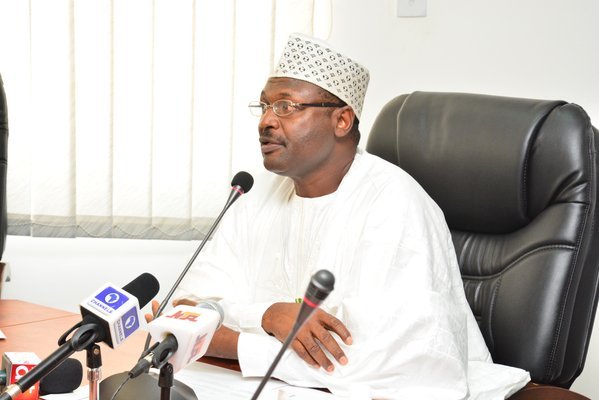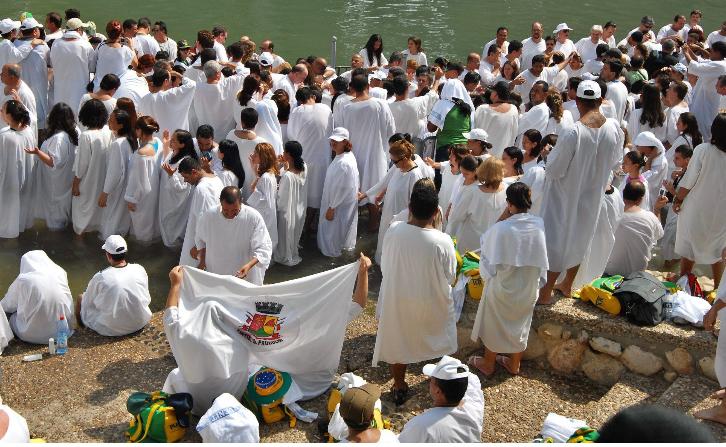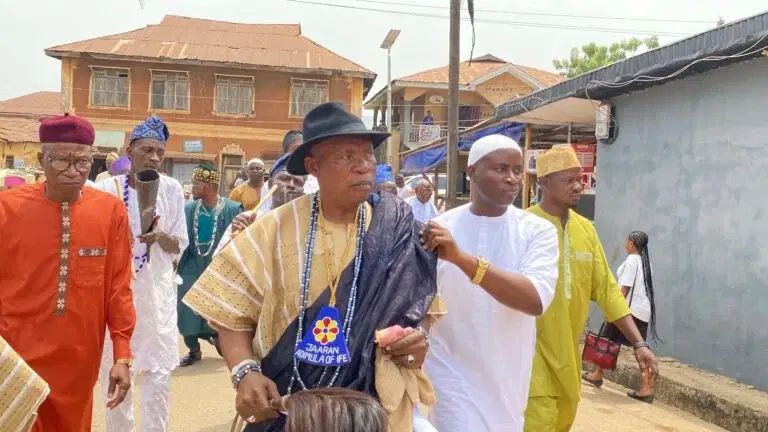Election Postponement: INEC and the Law

By Isaac Ofodile
Election postponement is one of the many challenges facing the Nation’s electoral system. Election postponement comes in various forms and degrees such as rescheduling or cancellation of an election.
This article was borne out of the recent postponement of the just concluded 2019 general election by the Independent National Electoral Commission (INEC). This is sui generis because, the postponement came barely 5hours to the opening of the poll.
The Electoral umpire postponed the election under the guise that, delays in transporting electoral materials, rather than external pressure was the reason Nigeria’s 2019 general election were postponed.
In further justification of the postponement, the Chairman of the Commission stated that the decision was entirely taken by the commission.
It has nothing to do with security, nothing to do with political influence, nothing to do with availability of resources.
The electoral umpire therefore took this decision solely, regardless of the near complete distribution of election materials, the posting of electoral observers and reporters.
This article questions the rationale behind the sole handling of the postponement aspect of an election by the Commission. The relegation of the key players in the election to the background and timing of the postponement (if any).
What the law says about postponement of an election.
The Electoral Act, 2010 made provision for the issue of postponement of an election, however the question is how adequate is this provision?
Section 26 (1) of the Act(1) provides that where a date has been appointed for the holding of an election, and there is reason to believe that a serious breach of the peace is likely to occur if the election is proceeded with on that date or it is impossible to conduct the elections as a result of natural disasters or other emergencies,
the Commission may postpone the election and shall in respect of the area, or areas concerned, appoint another date for the holding of the postponed election, provided that such reason for the postponement is cogent and verifiable.
The above provision in my view did not do justice to the critical indices that ought to be considered before the postponement of an election in a geographical setting like Nigeria can be made.
The Commission should not have the final determination on the issue bothering postponement of any election in Nigeria.
The key players in any election especially the political parties, the observers, the security and the media are necessary contributors to the credibility of any election anywhere in the world.
The two key issues which shall play a crucial role in the postponement of any election are well captured by the Act. The Act provides in part under s.26(1) thus …and there is reason to believe that a serious breach of the peace is likely to occur.
The critical question to ask is, in whose mouth or authority does it lye to determine whether there is a serious threat to the breach of peace.
It is my submission that to determine the issue of breach of peace, the Commission alone cannot make an informed decision in this aspect without involving critical stakeholders listed above. There is need for proper consultation thereto.
Again, the Act provided thus… or it is impossible to conduct the elections as a result of natural disasters or other emergencies. This paragraph is divided into two arms, first is when there is a natural occurrence such as earthquake or flooding.
The second arm which appears to be under the guise wherein Prof. Yakubu led INEC postponed the 2019 general election (in cases of emergency) is still not justifiable.
Recall in the second paragraph of this article, the Commission attributed the reason for postponement of the 2019 election to the delays in the distribution of the electoral materials.
You now ask, does delay in the distribution of electoral materials fall within the considerable indices allowable by the Electoral Act 2010 as preconditions that must be considered before any postponement in any election in the country can occur. The answer is definitely in the negative.
May I state that the dangers associated in leaving the issue of election postponement in the sole hands of INEC needs not to be over flogged. We must understand that the job of the conduct of an election is a strenuous task, and if left only in the hands of the Commission, it might suffocate it.
I therefore call for the further amendment of the Electoral Act, 2010, especially section 26 of the Act, in order to accommodate the key players in an election including and where necessary, pressure groups.
Except in cases of emergency, postponing an election should not be an 11.59game; it is something that should be done some days to or even few weeks to the date slated for the election.
By so doing, a repeat of the 2.30am announcement of the February 16, 2019 by the Commission would have been nipped in the bud. Elections play critical role in the development of any legal system because it is the systematic process which ushers in new leaders.
Such process requires continuous and constant purification. Our democracy can only thrive where there is proper consultation before a decision is taken.
See you next week.










